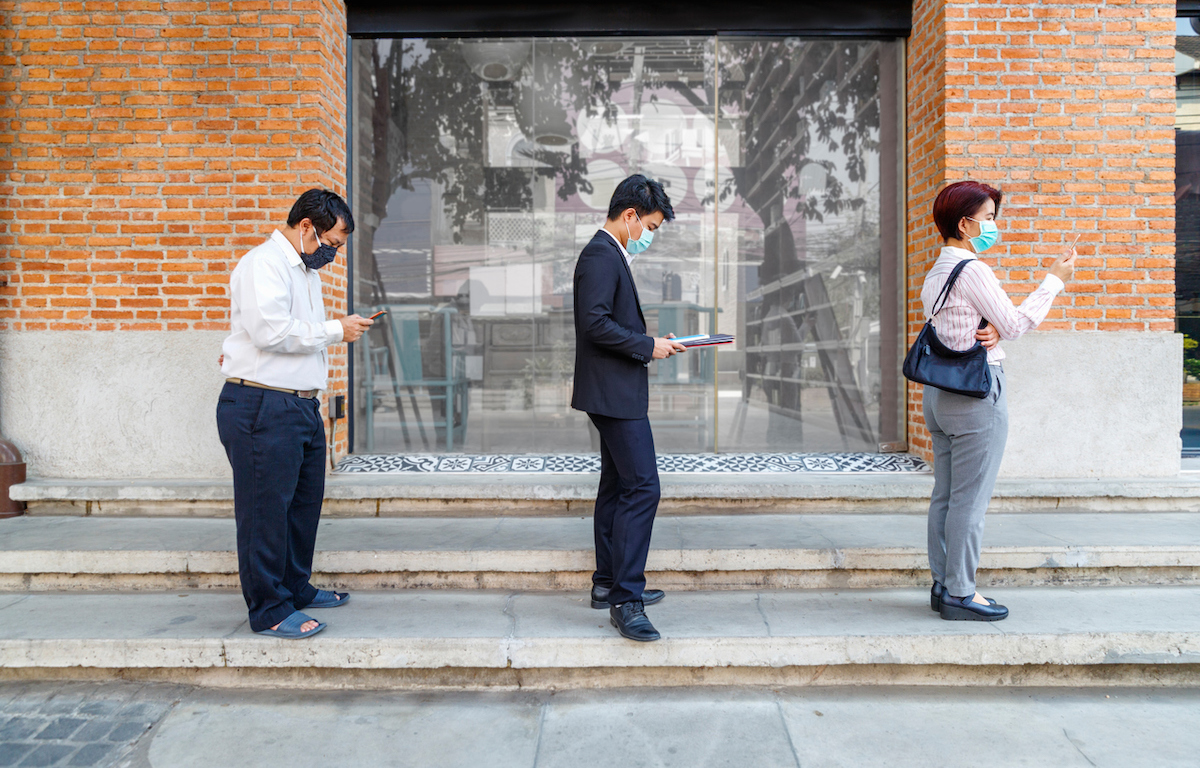The report out of the University of Manchester, which has not yet been peer-reviewed, comes from a survey of 2,000 people in the U.S. and U.K. The team of data scientists behind the research wanted to try to determine any potential personal and work-related predictors of coronavirus transmission—and they found a correlation between height and coronavirus. “Being tall more than doubled the probability of having a COVID-19 medical diagnosis or positive test for people over 6 feet,” the report reads.ae0fcc31ae342fd3a1346ebb1f342fcb And while the findings may appear to show a physiological connection at first, the researchers actually say that this evidence supports the idea that COVID-19 is airborne. The team behind the survey, who are based in the U.K., U.S., and Norway, say that their findings seem to give more fodder to the notion that coronavirus can spread through the air. Droplets—which are larger and heavier than aerosolized particles—tend to fall to the ground quickly instead of lingering in the air. Therefore, the researchers note, these droplets cannot be responsible for the higher infection rate of tall people, The Telegraph points out. According to the findings, the only explanation is that aerosolized particles that stay in the air are responsible for spreading the novel coronavirus to those who stand taller than the average person. RELATED: For more up-to-date information, sign up for our daily newsletter. “The results of this survey in terms of associations between height and diagnosis suggest downward droplet transmission is not the only transmission mechanism and aerosol transmission is possible,” Evan Kontopantelis, PhD, from the University of Manchester, said in a statement. “Though social distancing is still important because transmission by droplets is still likely to occur, it does suggest that mask wearing may be just as if not more effective in prevention. But also air purification in interior spaces should be further explored.” While the data scientists are confident in their findings, they hope their research will steer discussions towards finding out more about how COVID-19 spreads. And for more on how COVID affects some people and not others, check out Why You May Actually Already Be Safe From COVID, New Study Says.
